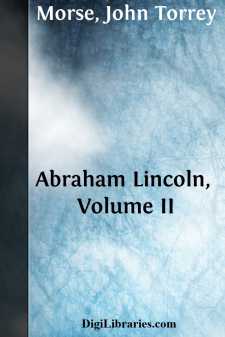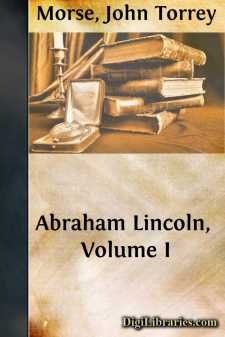Categories
- Antiques & Collectibles 13
- Architecture 36
- Art 48
- Bibles 22
- Biography & Autobiography 813
- Body, Mind & Spirit 142
- Business & Economics 28
- Children's Books 15
- Children's Fiction 12
- Computers 4
- Cooking 94
- Crafts & Hobbies 4
- Drama 346
- Education 46
- Family & Relationships 57
- Fiction 11828
- Games 19
- Gardening 17
- Health & Fitness 34
- History 1377
- House & Home 1
- Humor 147
- Juvenile Fiction 1873
- Juvenile Nonfiction 202
- Language Arts & Disciplines 88
- Law 16
- Literary Collections 686
- Literary Criticism 179
- Mathematics 13
- Medical 41
- Music 40
- Nature 179
- Non-Classifiable 1768
- Performing Arts 7
- Periodicals 1453
- Philosophy 64
- Photography 2
- Poetry 896
- Political Science 203
- Psychology 42
- Reference 154
- Religion 513
- Science 126
- Self-Help 84
- Social Science 81
- Sports & Recreation 34
- Study Aids 3
- Technology & Engineering 59
- Transportation 23
- Travel 463
- True Crime 29
Benjamin Franklin
Categories:
Description:
Excerpt
The editor has often been asked: "Upon what principle have you constructed this series of lives of American statesmen?" The query has always been civil in form, while in substance it has often implied that the "principle," as to which inquiry is made, has been undiscoverable by the interrogator. Other queries, like pendants, have also come: Why have you not included A, or B, or C? The inference from these is that the querist conceives A, or B, or C to be statesmen certainly not less eminent than E, or F, or G, whose names he sees upon the list. Now there really has been a principle of selection; but it has not been a mathematical principle, whereby the several statesmen of the country have been brought to the measuring-pole, like horses, and those of a certain height have been accepted, and those not seeming to reach that height have been rejected. The principle has been to make such a list of men in public life that the aggregation of all their biographies would give, in this personal shape, the history and the picture of the growth and development of the United States from the beginning of that agitation which led to the Revolution until the completion of that solidarity which we believe has resulted from the civil war and the subsequent reconstruction.
In illustration, let me speak of a few volumes. Patrick Henry was hardly a great statesman; but, apart from the prestige and romance which his eloquence has thrown about his memory, he furnished the best opportunity for drawing a picture of the South in the period preceding the Revolution, and for showing why and how the southern colonies, among whom Virginia was easily the leader, became sharers in the strife.
Benton might possibly have been included upon his own merits. But if there were any doubt upon this point, or if including him would seem to have rendered it proper to include others equally eminent and yet omitted, the reply is that Benton serves the important purpose of giving the best available opportunity to sketch the character of the Southwest, and the political feeling and development in that section of the country.
In like manner, Cass was hardly a great statesman, although very active and prominent for a long period. But the Northwest—or what used to be the Northwest not so very long ago—comes out of the wilderness and into the domain of civilization in the life of Cass.
John Randolph, erratic and bizarre, was not justly entitled to rank among great statesmen. But the characteristics of Congress, as a body, can be brought into better relief in the narrative of his life than in that of any other person of his day. These characteristics were so striking, so essential to an understanding of the history of those times, and so utterly different from the habits and ways of our own era, that an opportunity to present them must have been forced if Randolph had not fortunately offered it.
These four volumes are mentioned by way of illustration of the plan of the series in some of its less obvious purposes. By the light of the suggestions thus afforded, readers will probably see for themselves the motives which have led to the presence of other volumes. But one further statement should be made. It has been the editor's intention to deal with the advancement of the country. When the people have moved steadily along any road, the men who have led them on that road have been selected as subjects. When the people have refused to enter upon a road, or, having entered, have soon turned back from it, the leaders upon such inchoate or abandoned excursions have for the most part been rejected. Those who have been exponents of ideas and principles which have entered into the progress and have developed in a positive way the history of the nation have been chosen; those who have unfortunately linked themselves with rejected ideas and principles have themselves also been rejected. Calhoun has been made an exception to this rule, for reasons so obvious that they need not be rehearsed.
A Series of Great Failures presents fine opportunities, which will some day attract some enterprising editor; but that is not the undertaking here in hand. If the men who guided and the men who failed to guide the movement and progress of the country were to stand side by side in this series its size would be increased by at least one third, but probably not so its value....





